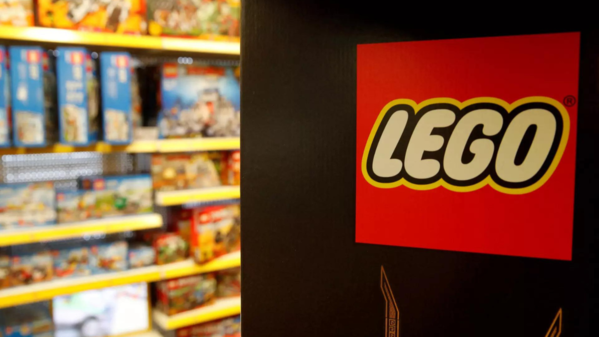Lego abandons plans to use recycled bottles for bricks, posing carbon emission challenge

25-Sep-2023 07:45 PM
Lego , the toy giant , has abandoned its plans to manufacture bricks using recycled bottles, dealing a setback to its carbon emissions reduction efforts. In 2021, Lego had announced its intention to produce bricks free of crude oil within two years, but on Monday, it conceded that the new material did not result in carbon emissions reduction, The Guardian has reported. Lego reaffirmed its unwavering commitment to producing bricks from sustainable materials. Currently, a significant portion of Lego's bricks is crafted from acrylonitrile butadiene styrene (ABS), a virgin plastic derived from crude oil. This decision, initially reported by the Financial Times, represents a challenge for Lego's prominent campaign to enhance its environmental sustainability, a goal shared by many companies amid rising consumer concerns about sustainability. One of the hurdles Lego encountered was identifying a material that possessed the durability to last for generations. In 2021, the company had announced the development of prototype bricks composed of polyethylene terephthalate (PET) bottles, supplemented with certain chemicals. The hope was that this material could serve as an eco-friendly alternative to oil-based bricks. Lego has now disclosed that after over two years of testing, recycled PET did not lead to a reduction in carbon emissions. This was attributed to the need for additional production steps, resulting in higher energy consumption. Consequently, Lego has decided to discontinue the pursuit of bricks made from this material. The company is currently engaged in testing and developing bricks using "a range of alternative sustainable materials." Niels Christiansen , Lego's CEO, acknowledged that there was no "magic material" capable of resolving the sustainability challenges faced by the company. He said that they had examined numerous materials without success. A spokesperson for Lego told the BBC, affirming the company's commitment to producing bricks from sustainable materials by 2032, and highlighting a significant investment of over $1.2 billion in sustainability initiatives between 2021 and 2025. This investment aligns with Lego's goal to reduce carbon emissions by 37% by 2032.